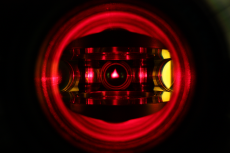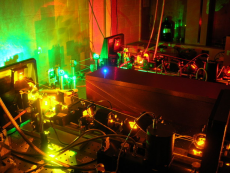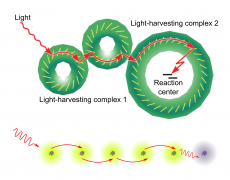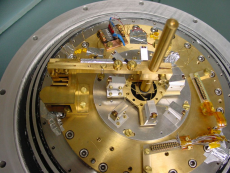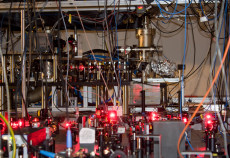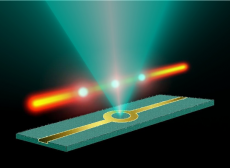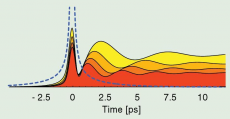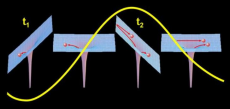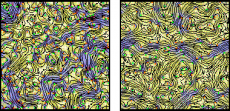CQD Special Seminars
17. July 2018 11:20
Seminarraum 2.402, Kirchhoff-Institut für Physik, INF 227Measurement controlled quantum state engineering of spin ensembles
Durga Dasari
Universität Stuttgart
Quantum theory predicts that a quantum system will collapse from several of its possible states of existence, to just one, the moment it is measured. As quantum systems are never isolated from their surrounding environment (quantum bath), its measurement and the associated collapse should also affect the environment coupled to it. The extent to which a quantum bath should collapse in its own Hilbert space strongly depends on its coupling strength to the quantum system and its equilibration time. Thus a strong measurement of the quantum system may result only in a weak measurement on its macroscopic partner, the quantum bath. Here we use repetitive strong (projective) measurements of a quantum system, the NV centers in diamond, to gradually collapse an unknown, and arbitrary sized spin-bath to a state with very low fluctuation noise. Such projected quantum bath leads to an extended spin coherence time of the NV center by over 5 orders of magnitude. Our results demonstrate how quantum state engineering of an unknown mesoscopic environment and its tomography can be achieved only by measuring a nanoscaled object coupled to it. Moreover, our experiments also pave the way for validating the foundational aspects of measurement problem, in quantum mechanics, and its role in quantum information science.

